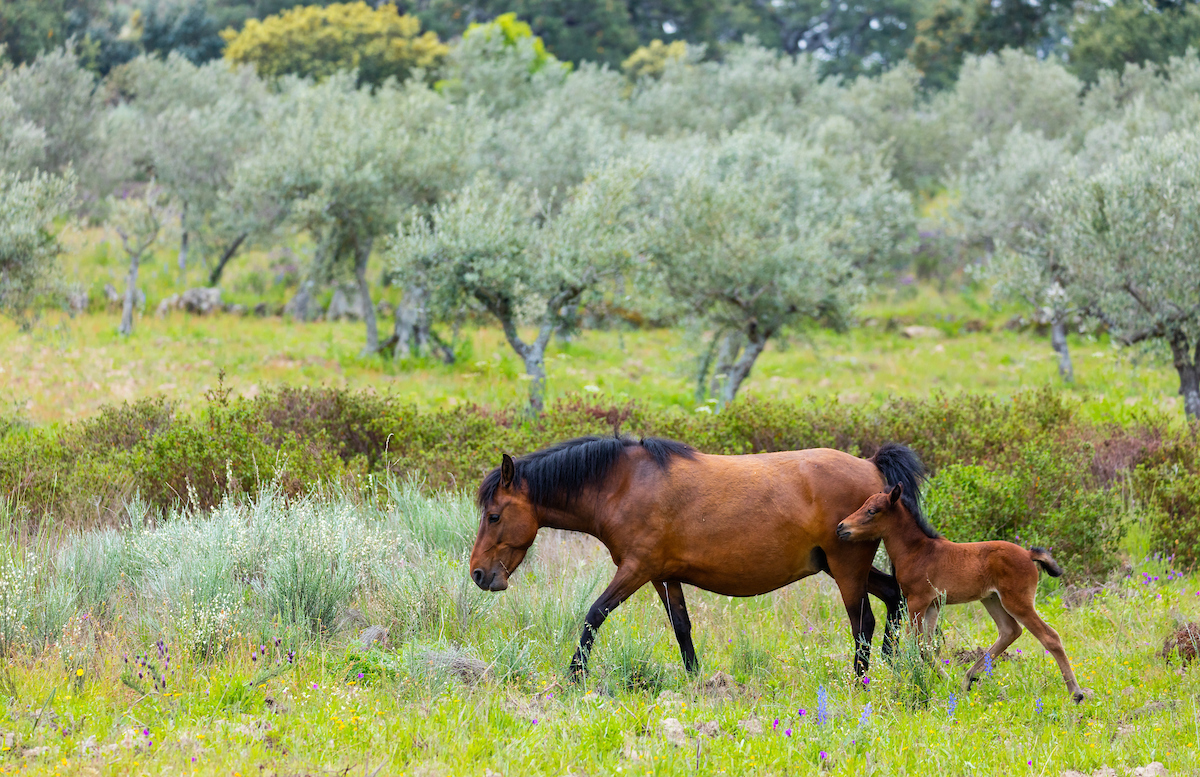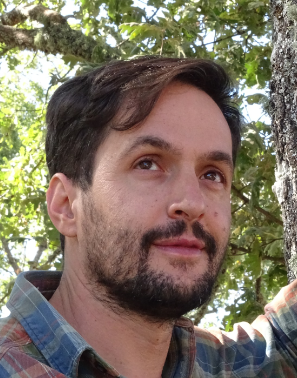Pedro Prata, team leader of Rewilding Portugal, explains this new expression of the world of nature conservation, how it works and our aims and role in this processes

The word rewilding alone does not help much, so it is worth clarifying what is meant by this new expression of the world of nature conservation. Let’s see what is and how it can contribute to a more sustainable future in Portugal.
Rewilding is a practical, progressive and innovative way of conserving nature and biodiversity, in which our role is to promote that nature reaches its maximum potential, with all the native species of the region present and performing their functions – whether they are natural processes, or other important ecosystemic services.
Said like this, it may seem complicated, but it is quite simple. In the great tree of sciences, one of the branches is that of biology and, in it, there is a smaller branch, ecology and, at its tip, is the branch of ecological restoration that has at least one of its leaves linked to a new approach that seeks , in addition to halting the loss of biodiversity, managing to reverse the trend and in fact increase it. Let us call this leaf “rewilding”.

One of the principles of rewilding tells us that we must intervene in nature at an early stage so that we do not have to continue to do it in the future. That is, if a landscape is degraded, and key species are missing or invasive species are present, it may be necessary to intervene to remove these invasive species and promote the return of native wildlife. Having done that, we must let things take their natural course, with minimal human intervention.
This new approach does not have magical powers, but humbly recognizes that nature knows how to take care of itself. And it will be able to do it even better if it are given the necessary tools and space / time to reach all the potential. What interventions and tools can we then use to rewilding natural areas? The ones I refer to are simple in the vast majority, and some are easily accessible and inexpensive, being applicable on a large scale.

One of these is the introduction of large herbivores into the landscape. In many Portuguese regions, there were once species of large herbivores that maintained open pasture areas, preventing these from accumulating shrubs over time, eventually becoming forests. Today, large herbivores such as horses can play a key role in preventing rural fires by consuming combustible material in large areas. They therefore play critical roles for both natural ecosystems and local communities and are a key tool in the process.
The behavior of these herbivores is, in turn, influenced by carnivores, who, when chasing them to hunt, influence where and how animals move, preventing areas from being overgrazed, which also affects the composition and distribution of plants, increasing biodiversity in pastures. Predation in turn creates opportunities for necrophagous birds (which feed on dead animal corpses) and who redistribute nutrients through the soil which again influences the way plants grow. And all of this is always in motion, so we have a complete, functional and constantly evolving nature.
Life will definitely not be as it was before because there was never talk here about reversing anything, but only about giving the opportunity for life to be better tomorrow than it is today.
Here, you can see a little video resuming our rewilding area (Western Iberia) and our rewilding work:

Article of Pedro Prata, team leader of Rewilding Portugal